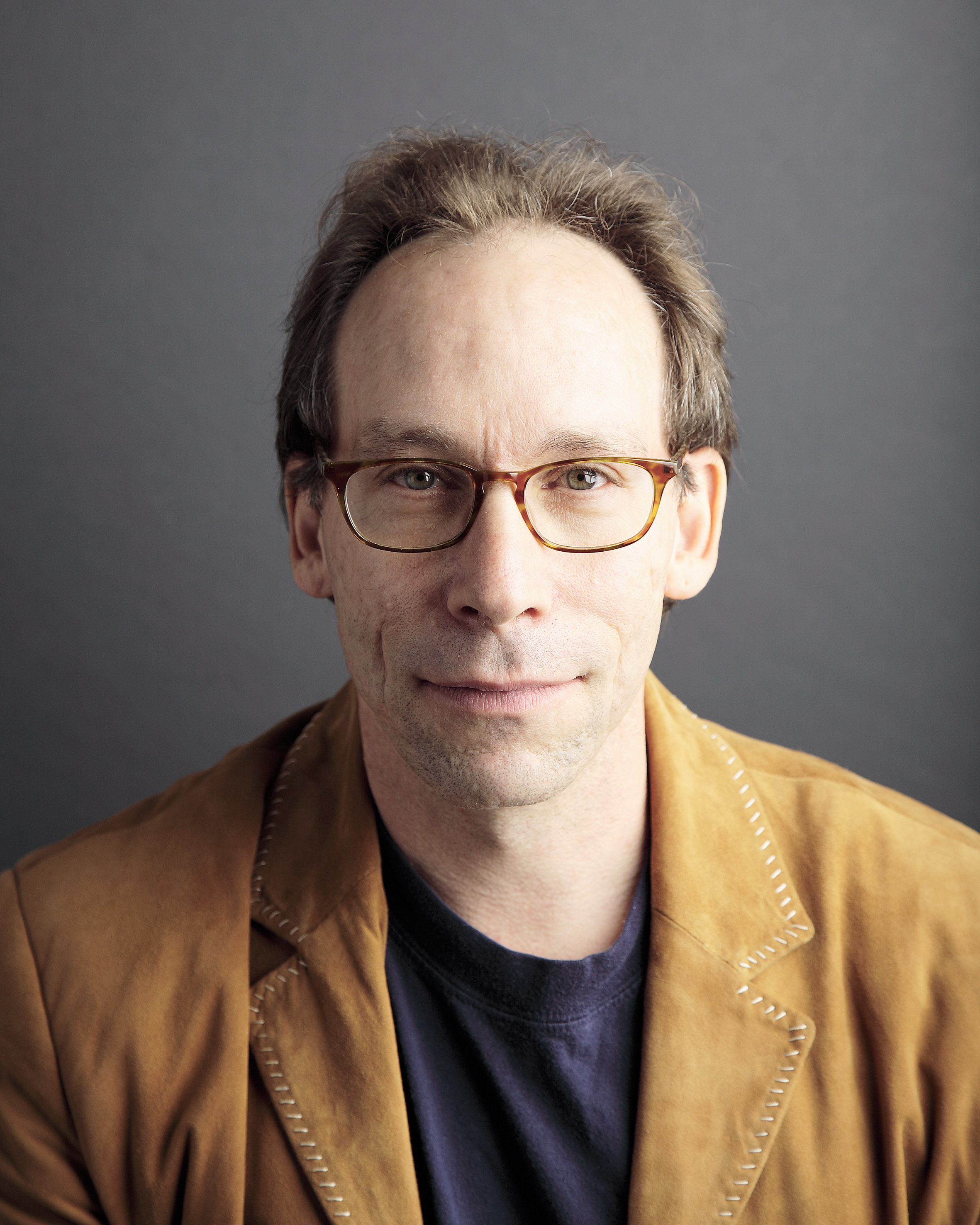Alain de Botton's The School of Life brought Lawrence Krauss (Foundation Professor in the School of Earth and Space Exploration and Physics Departments at Arizona State University and director of the Origins Initiative) to London’s Conway Hall to deliver one of their signature “Secular Sermons.” You can watch his 45-minute presentation below and learn how science, as he tells it, both describes and offers an escape from reality.
Lawrence Krauss Presents “Secular Sermon” on Theoretical Physics and the Meaning of Life
October 29th, 2012
Alain de Botton, the writer who “has always tried to get ideas to impact on the way we actually live,” started The School of Life in order to offer an education crafted “according to things we all tend to care about: careers, relationships, politics, travels, families.” At its central London location, you can enroll in courses like “How to Have Better Conversations,” “How to Balance Work with Life,” and, perhaps most critically important of all, “How to Be Cool.” This seems like just the sort of institution which won’t confront you with the sort of numerically rigorous, seemingly abstract math and science classes that gave us grief in our regular educations. Yet de Botton and his School of Life co-founders understand that just because a subject assigns aggravating homework doesn’t mark it out as irrelevant. According to Lawrence Krauss, Foundation Professor in the School of Earth and Space Exploration and Physics Departments at Arizona State University and director of the Origins Initiative, physics could hardly have more to do with your daily experiences.
The School of Life brought Krauss to London’s Conway Hall to deliver one of their signature “Secular Sermons.” (De Botton, you may know, recently published a manifesto calling for a religion for atheists.) You can watch his 45-minute presentation free online and learn how science, as he tells it, both describes and offers an escape from reality. Using examples from his field of physics, Krauss demonstrates how science, by zooming in as close as possible or zooming out as far as possible, puts our everyday concerns and quibbles in proper context. What’s more, he notes,physics has it that we’re all made up of the same bits and pieces as everything, and thus everyone, else. Have you ever heard a more elegant argument for the notion of universal connectedness? But this isn’t to say that Krauss marshals the fruits of such rigorous study in the name of warm-and-fuzzy pronouncements. When you hear him declare how physics will make you understand that “you’re even more insignificant than you thought,” you’ll know just how far his sensibility lays from either warmth or fuzziness. The life of a physicist, so I’ve heard, benefits from a little gallows humor.
Related content:
- Lawrence Krauss: Every Atom in Your Body Comes From a Star
- Lawrence Krauss Explains How You Get ‘A Universe From Nothing’
- Lawrence Krauss on the Mysterious Allure of Extra Dimensions
- Life-Affirming Talks by Cultural Mavericks Presented at The School of Life
- Alain de Botton Wants a Religion for Atheists: Introducing Atheism 2.0
Colin Marshall hosts and produces Notebook on Cities and Culture. Follow him on Twitter at @colinmarshall.

No comments:
Post a Comment